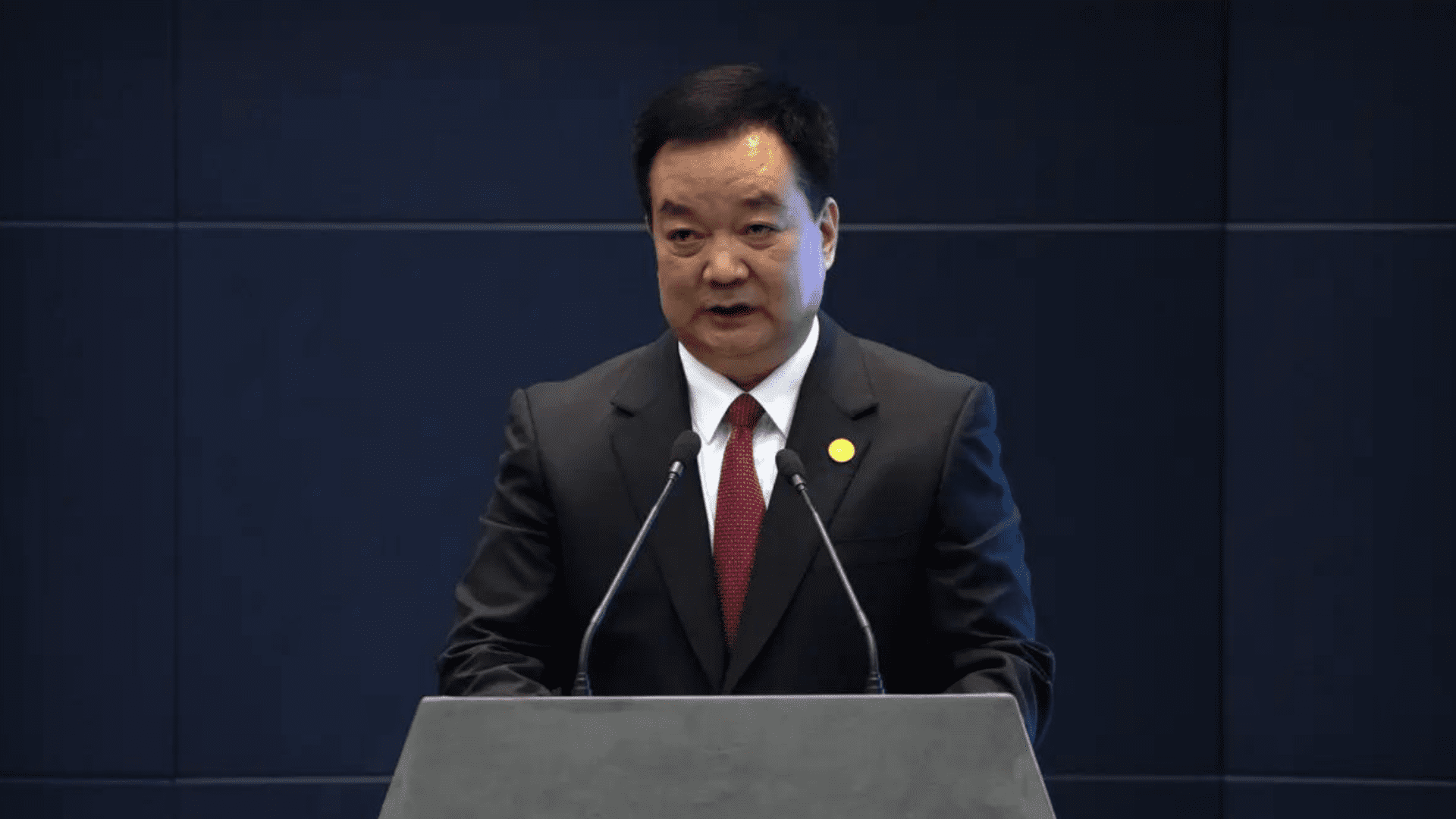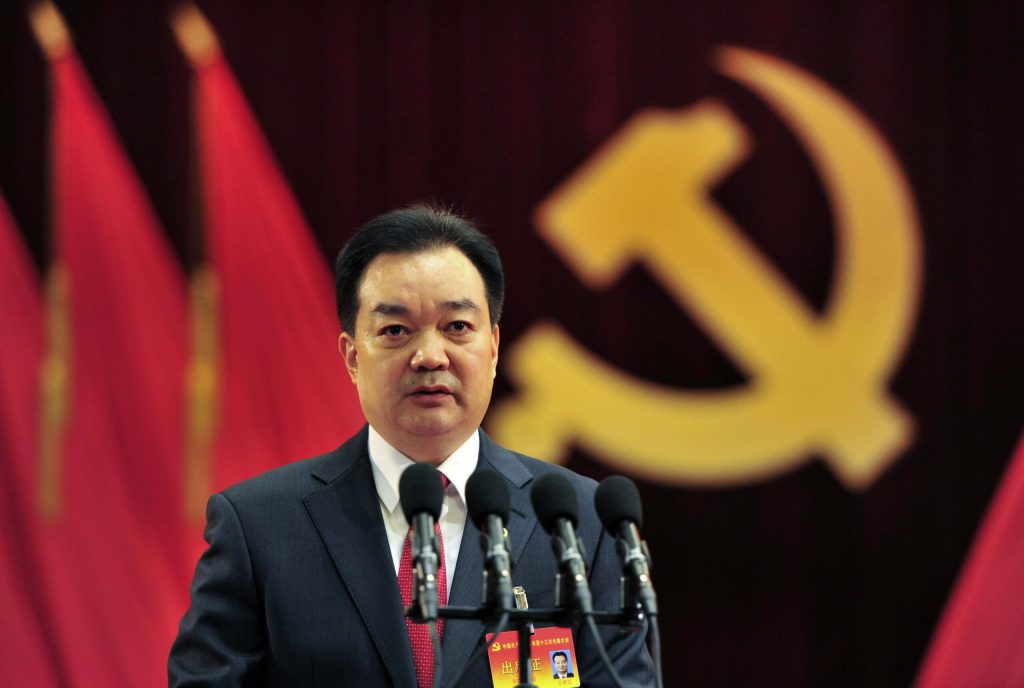
Official Responsible for Uyghur Abuses Appointed Top Official in Tibet
The architect of Uyghur genocide has been appointed to a top CCP position in Tibet, but who is the ‘Butcher of Xinjiang’?
Last week the Chinese Communist Party Central Committee announced the promotion of five officials to top regional posts around China and its occupied territories. The most prominent amongst these, and that which has gained the most media attention, is the appointment of Wang Junzheng as Party Secretary of the so-called Tibet Autonomous Region (TAR).

Wang Junzheng
Replacing the outgoing Wu Yingjie, this promotion will elevate Wang to the highest office in the TAR – affording him de facto control over Western Tibet and the 3.5 million people who live there (some 90% of which are Tibetans).
News of Wang’s appointment has been met with a mixture of outrage and fear. He is one of the most sanctioned individuals on Earth, having been sanctioned by the United States, United Kingdom, European Union, and Canada. Beijing responded to this punishment with its own sanctions, including against MPs in the United Kingdom.
Previously, Wang has served as Deputy Party Secretary of the Xinjiang Uyghur Autonomous Region, which the Uyghur people recognise as their homeland of East Turkestan. At the same time, Wang headed the Xinjiang Production and Construction Corps (XPCC), which is also subject to sanctions by several governments. He served directly under Chen Quanguo, a previous Party Secretary of the TAR who Free Tibet have campaigned for to be hit with sanctions for human rights violations against Tibetans and Uyghurs. Like Chen, Wang’s appointment in Tibet is likely to have been a reward for his track record of controlling what the Chinese Communist Party (CCP) calls “minority” areas.
As head of the XPCC – a hybrid paramilitary and economic organisation charged with fermenting “ethnic harmony” – Wang has overseen the construction, administration, and operation of detention camps that have imprisoned at least one million Uyghurs. It is feared that East Turkestan may have acted as a testing ground for further implementation of this system, which could next see its way to Tibet.
While very little is known about Wang Junzheng’s character, one report states that just months into his role at the XPCC he “promised to ramp up pressure against terrorism and give police better technology to do their job.” So-called ‘terrorism’ and ‘national security’ are often given by the CCP as justification for its human rights abuses in East Turkestan, and there has been a heavy theme in recent years of Chinese police utilising new technologies to intrude on the lives of Uyghurs, Tibetans, and dissidents.
However, even without information on Wang’s conduct and personality, he is recognised as being responsible for a range of human rights abuses. In addition to the incarceration of at least one million Uyghurs, camp survivors have come forward with testimonies of torture, sexual assault and forced sterilisation, policies with several parliaments and the US government have recognised as amounting to genocide.

